All parents want to raise a happy child. Part of that is building confidence and self-esteem. This helps children believe in themselves, stand up for themselves, be persistent through difficulties, and so much more. If you're wondering how to build confidence in kids, it's not as difficult as it may seem. Through everyday activities and moments, you can help boost your child's confidence.
It's all through small moments that help your child feel good. “I can do this!” your child might say while working on a difficult puzzle. It’s what every parent wants to hear and is also a sign of healthy self-esteem.
Read on to learn how to raise a confident, happy child who has a healthy self-esteem.
How a Happy Child Develops Self-Esteem
Children start developing self-esteem from birth. Studies show that by the time children are 5 years old, they have developed a sense of self-esteem. It's hard to believe that a child’s self-image may already be established at this young age. However, self-esteem is simply a sum of many interactions and experiences.
As teacher Sherie Newman puts it, “Self-esteem grows with each experience of successful interactions through positive words. It is important to build a child’s belief that they can handle their life and handle it well.”
When toddlers learn to crawl successfully, they build self-esteem. When parents smile and ask questions about their preschooler’s drawings, the child develops self-esteem. When older children prepare food for the whole family to enjoy and everyone is grateful, it builds their self-esteem.
Changes in a Child's Self-Esteem Over Time
Over time, children build their confidence. Naturally, there are many moments when even a very happy child may experience fluctuations in self-esteem. Dr. Maria Montessori, creator of the Montessori philosophy, noticed that when children entered the elementary classroom, they often experienced a drop in confidence.
Perhaps it's because as they age, children become more aware of their true abilities. Younger children tend to believe they are as strong as a superhero. They may be more likely to embellish their abilities. Older children become more aware of how things work in the world and realize they're not as all-powerful as they once were.
Also, when children begin comparing themselves to others, their confidence may also waver. This is natural as children begin to socialize more and more. Friendships are more important, which can mean that children worry about what others think of them. At the same time, children can continue to have positive experiences that build their confidence and self-esteem.

How to Build Confidence in Kids with the Montessori Approach
Helping your child grow up with healthy self-esteem is easy if you’re intentional about it. In particular, the Montessori philosophy can help guide you in how to build your child’s confidence. You can get started from birth! Here are some ways that you can help build confidence in your child.
Building Confidence with Descriptive Praise
If you want to build your child's confidence, you might feel tempted to praise your child. Common expressions that parents may use include "Good job!" and "You're incredible!" While there's no harm in occasionally praising your child, this type of praise focuses on the parent's perspective. It's an evaluation of the child's worth over which the child has no control.
For this reason, it’s best if you can focus the praise on your child’s efforts and be more descriptive. This helps your child build intrinsic motivation. In other words, children learn to see the good in their work on their own. Then, children complete activities because they enjoy them!
When we focus our praise on hard work, this also helps. It helps children see that their effort is what allows them to succeed. This in turn teaches children to value their own hard work.
It’s a strategy used by many Montessori teachers and parents. It is also simple to grasp with a bit of practice. Here are some examples:
- “I noticed how hard you were concentrating!”
- “Look how colorful that drawing is!”
- “Wow, that was a big jump!”
- “The toys are all cleaned up! Now, no one will trip or fall on them.”
This sort of praise also works to build your child’s self-esteem and confidence.
Boost Self-Esteem by Encouraging Independence
Montessori noticed how children strive to learn to do things “all by myself!” For this reason, she developed her curriculum to allow children to do things independently. For example, children choose their own workspace, clean up their own messes, move child-sized furniture as needed, and more.
By encouraging your child to be independent, you build their confidence and self-esteem. When they experience success in completing activities and tasks on their own, they’ll feel more and more confident and capable. At home, young children can:
- Dress themselves
- Prepare their own snack
- Clean their room
- Help prepare meals
- And so much more!
One of Montessori's famous quotes offers valuable advice. It says, “Never help a child with a task at which he feels he can succeed.” Instead of stepping in automatically, try waiting for your little one to ask for help. What they are able to achieve on their own may surprise you!
Build Self-Esteem by Showing Your Child Love and Acceptance
Ultimately, your relationship with your child is what will help them build a self-image of themselves that they are loveable. Just spending time with your child reading, preparing a meal together, playing, or chatting can build attachment and love.

5 Self-Esteem Activities for Kids
Here are some self-esteem activities for kids that you can try with your child at home. Start with one or two activities and slowly add more to your routine. Remember, boosting confidence takes time. You and your child will create new thought patterns that help reduce negative self-talk and encourage confidence and self-esteem.
1. Chores and Responsibilities
How can chores help build self-esteem? Believe it or not, when children do chores, they build important skills that help them feel smart and capable. Try starting with fun chores such as, practical life activities, and cleaning.
Research shows that children who help with family chores such as cleaning or learning to cook can build their self-esteem. This is in part because when performing chores, children feel like they are a needed and important part of the family.
Even toddlers can help with simple cleaning and cooking activities. Start with simple tasks. Your toddler will quickly build their skills, and their confidence, too!
2. Gratitude Journal
This self-esteem activity encourages children to think about good things that have happened during their day. It's also a great idea for adults. Parents can be role models and journal alongside their children.
Young children can draw a picture to represent what they're grateful for. Older children can write a short list of 3 to 5 things for which they're grateful.
This self-esteem activity helps children learn to focus on the positives in their lives. Parents can keep the focus on self-esteem and confidence by encouraging children to include their accomplishments. A gratitude journal can improve overall mental health while also building self esteem.
3. Positive Self Talk
Throughout the day, we talk to ourselves in our heads. This is "self talk." When children have good self-esteem, their self talk is neutral or positive. However, when children have poor self esteem, their self talk tends to be negative.
The idea is to replace negative thoughts with positive thoughts. Have you ever heard of a positive affirmation? Some examples are "I am enough," "I am loved," "I can do hard things." These are also examples of positive self talk.
You can build confidence in your child by selecting a new positive affirmation each day or each week. Make a poster and hang it up. Or, repeat the mantra together every morning. Even toddlers can start repeating simple phrases like "I am loved."
4. Goal Setting
Take time to set goals with your child. When setting goals, children take on new challenges and grow their confidence. Plus, this self-esteem activity helps build a growth mindset. As children set and achieve goals, they discover that they can grow, change, overcome difficulties, and learn new things!
Get a journal and write one or two goals together. Make them simple so that you can achieve them within a week. For example, you might try something like "Learn to bake a new cake recipe." As children grow, you can try harder goals like learning to ride a bike.
5. Exercise and Staying Active
Research shows children who exercise have better self-esteem.Climbing, balancing, and simply getting enough exercise is good for physical and mental health. So, make sure your child has plenty of opportunities for indoor and outdoor play.
With these self-esteem activities for kids, you can help ensure your child is happy, healthy, and confident. Contact us on social media to talk about more ways to boost your child's confidence. We're excited to hear from you!
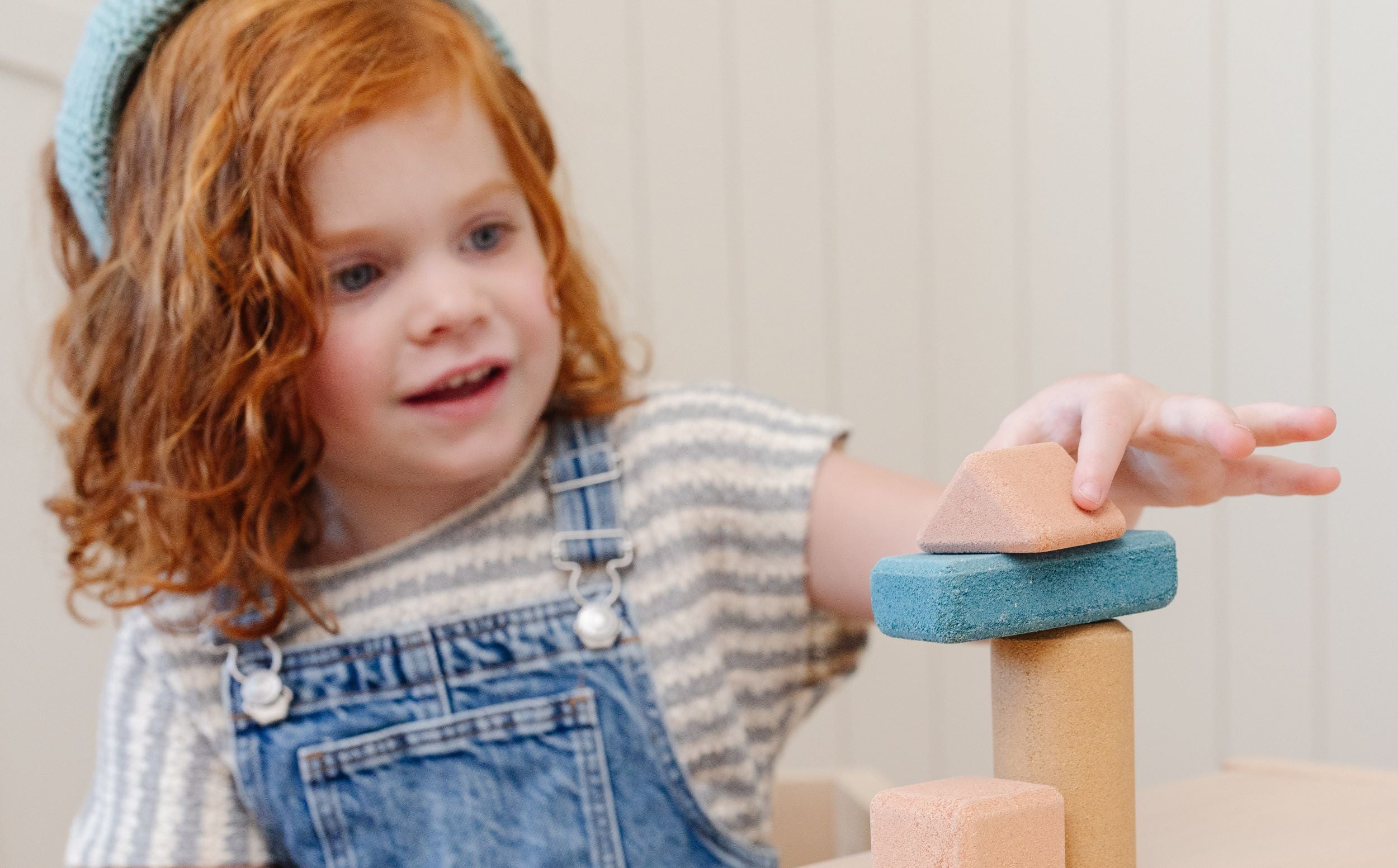

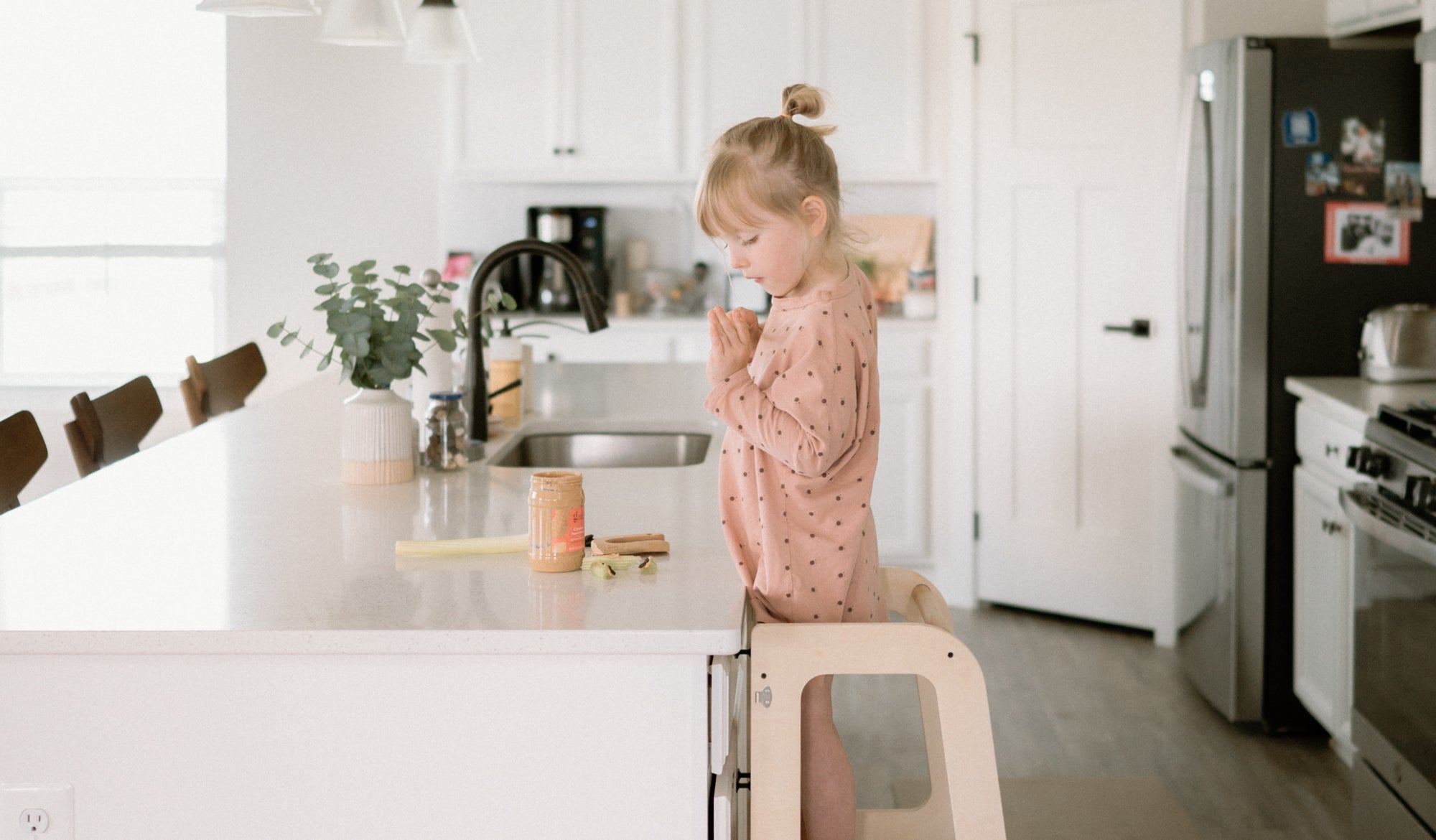
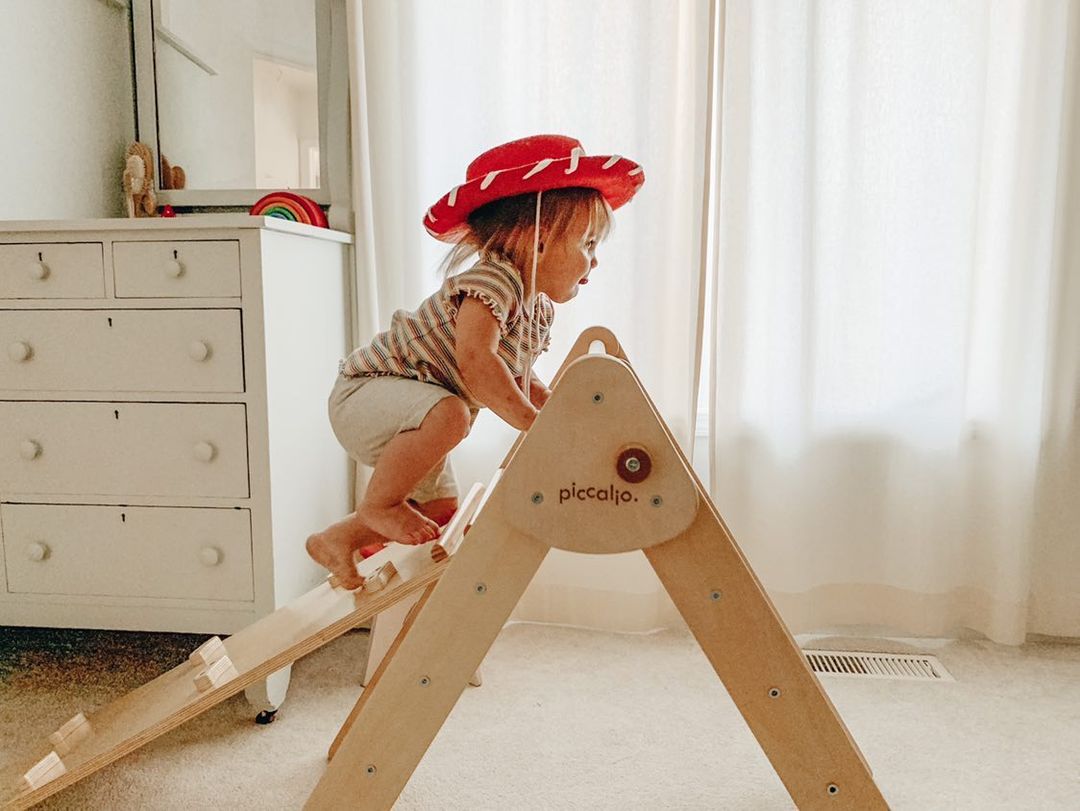


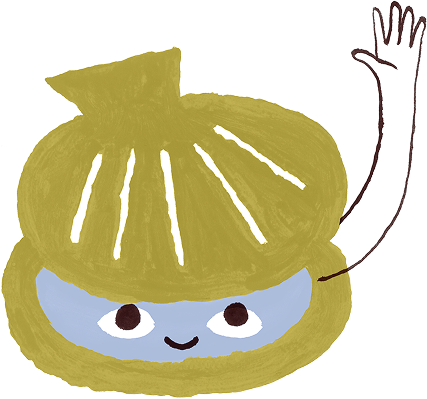
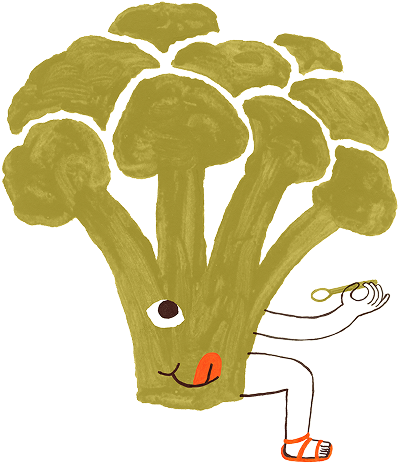
Leave a comment
This site is protected by hCaptcha and the hCaptcha Privacy Policy and Terms of Service apply.